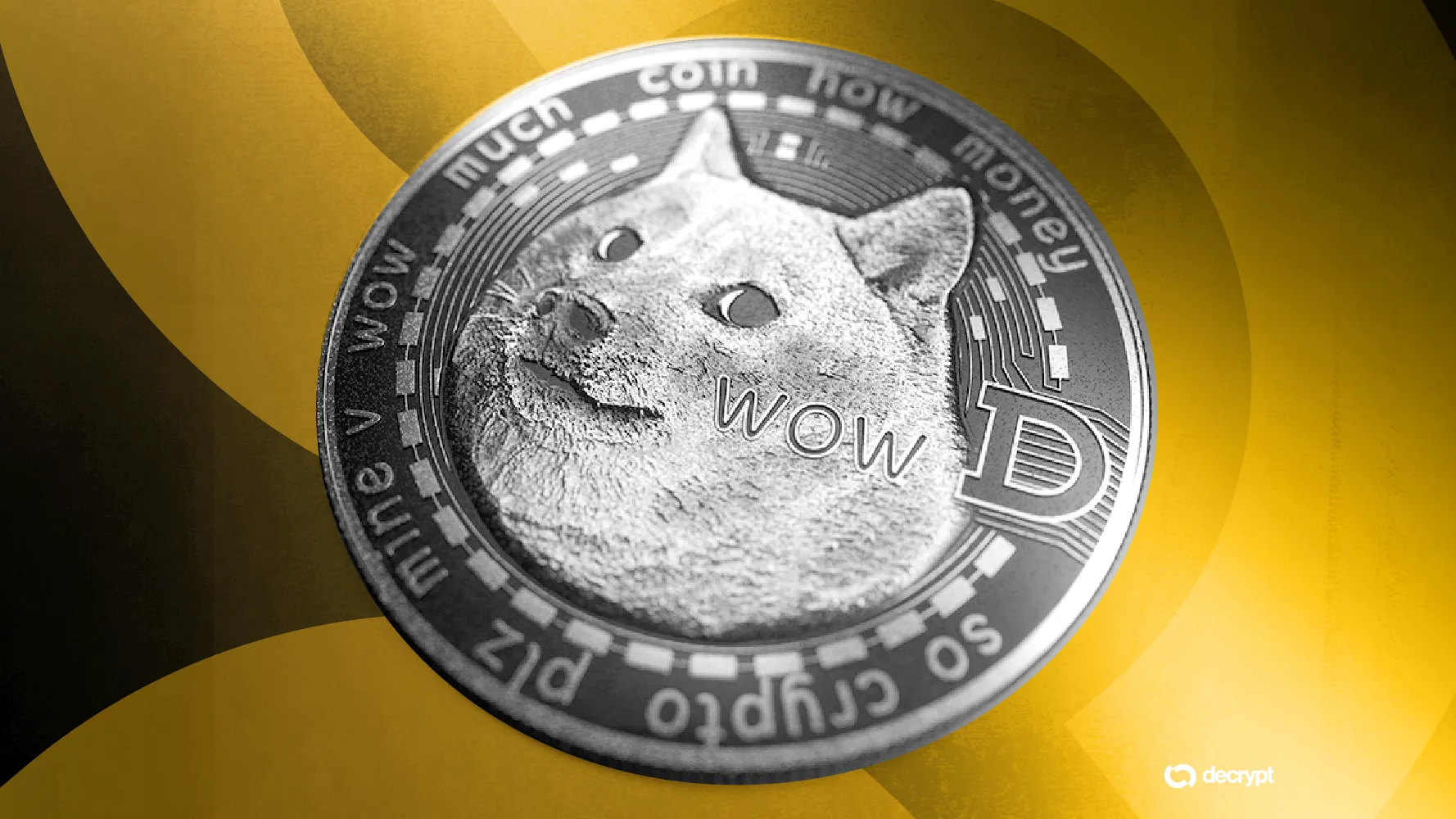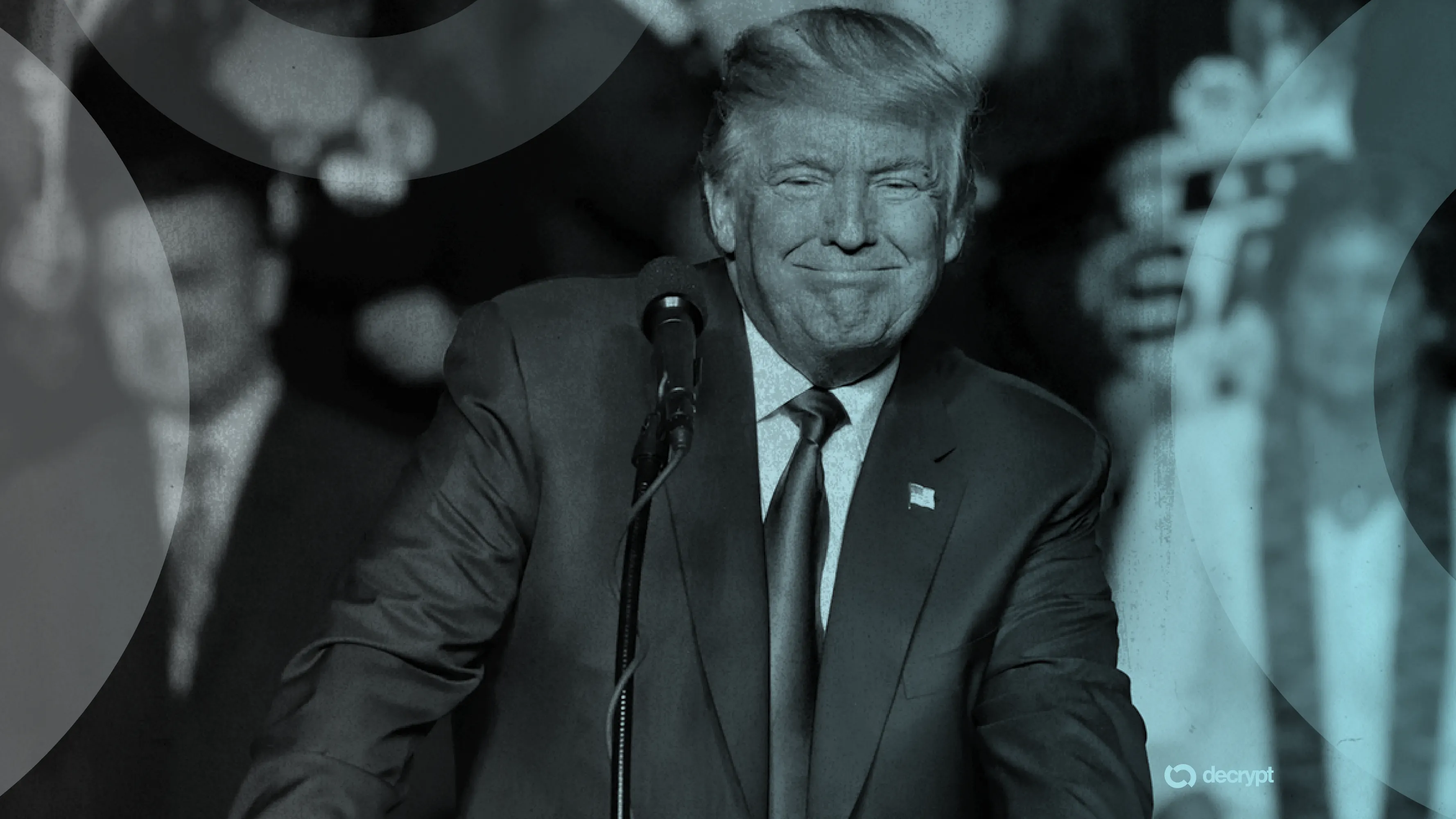In brief
- UNION is a platform providing risk protection for DeFi assets.
- It raised $3.9 million from venture capital firms.
- It aims to provide "complete" coverage against everything from smart contract failure to overly-correlated asset portfolios.
UNION, a platform for managing DeFi risks on everything from glitchy smart contracts to over-exposure to an asset, announced it has raised $3.9 million in funding from a slew of venture capital firms and crypto trading companies.
3 Commas, AAM, Alameda Research, Alpha Chain, Black Edge Capital, Solidity Ventures, and Spark Digital Capital provided the bulk of the capital for the startup, which is eyeing a platform release “in the coming months.”

Why insurance companies won’t touch crypto
What happens to customer funds after cryptocurrency services are hacked? The answer to that question is unclear even after a wave of hacks have compromised crypto’s message of secure money. Few recourses exist for customers at such services. Not much has changed since the days of Mt. Gox, when customers lost their holdings after the exchange crashed. Some crypto services, like Binance, have proactively set aside funds for affected customers. But is that a sustainable long-term solution? Executiv...
UNION’s main goal is to provide “complete risk management” for DeFi rather than a la carte offerings. Co-founder Michael Beck told Decrypt it’s like bundled car insurance, but for decentralized finance: “One can purchase ‘complete car insurance’ for much cheaper than purchasing the individual insurance components that make up the complete bundle.”
As part of that complete package, UNION has prioritized “transaction finality (things end up where they should be), smart contract risk (specific to project or dapp), layer 1 risk (entire protocol fails), impermanent loss (specific to liquidity providers), [and] collateralization risk (specific to lenders).” It’s also looking to protect against flash loan attacks and the risk that a portfolio’s assets become too correlated.
Yet, Beck admitted, “As DeFi is still growing, it would be disingenuous of anyone to state that they ‘know all the risks’ of Defi.” That’s likely why UNION’s forthcoming platform also promises a decentralized secondary market where users, both individual DeFi degens and institutional traders, can get protection products. Beck said such a mechanism “is necessary for DeFi protection to scale with DeFi itself.”
UNION is differentiating itself from similar tools, such as Nexus Mutual, which provides DeFi users with protection against faulty smart contracts, by presenting itself as a platform that is “open, KYC-free out of the box as befits DeFi.”
Moreover, it’s not discriminating against DeFi users in any particular jurisdiction. “No one can guarantee what regulators will do,” said Beck, “but as of right now, where people can use DeFI, they can use our protection tools.”




